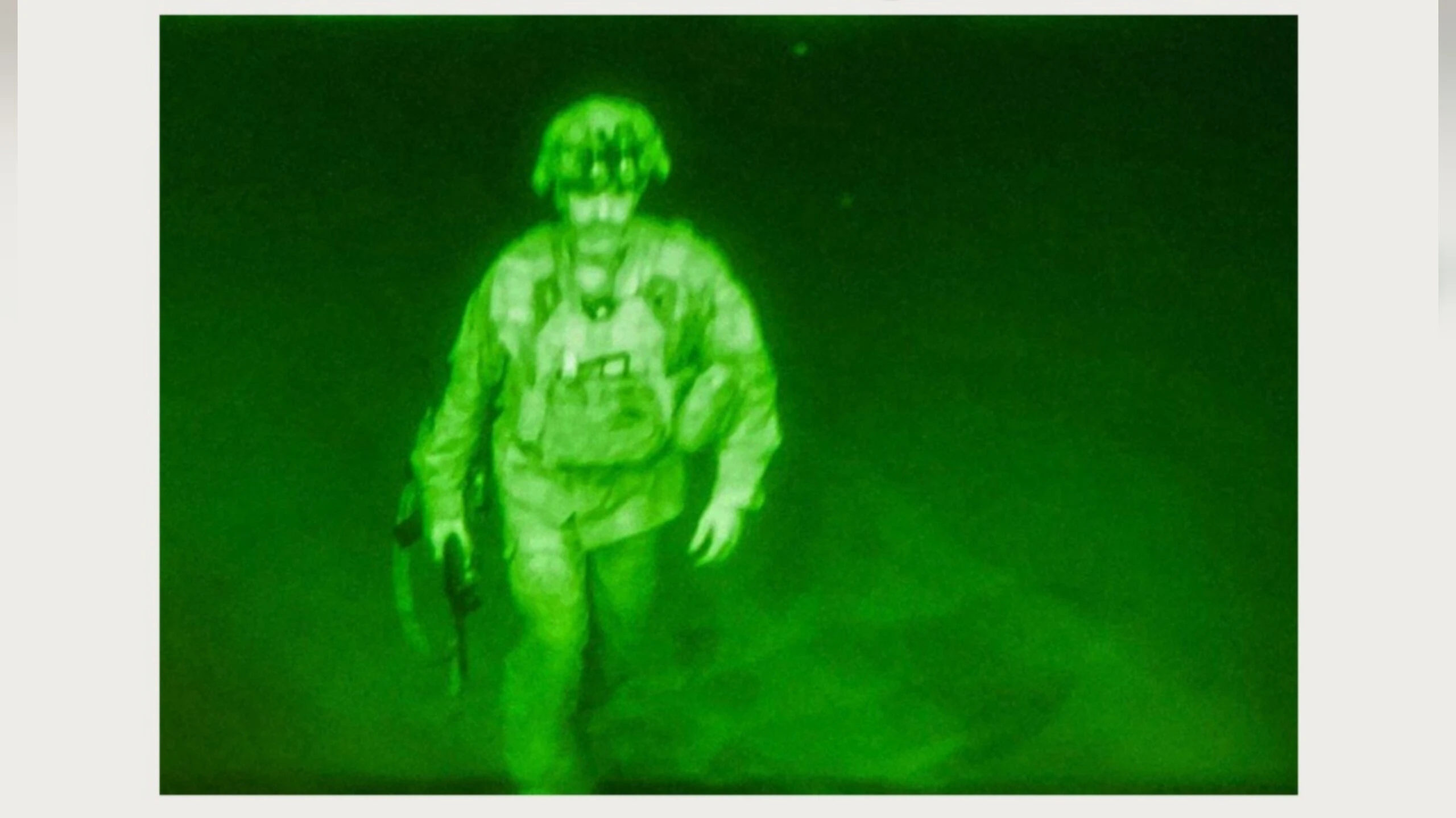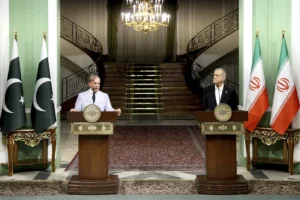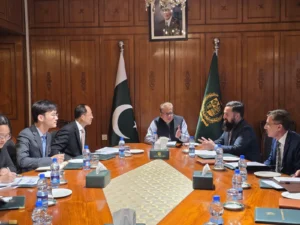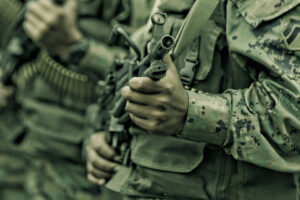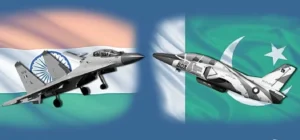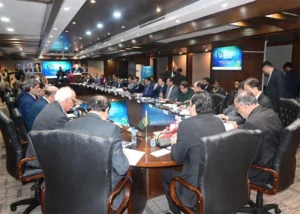This tale of chaos and consequence began in the halls of Congress. On September 18, 2001, just one week after the towers fell, President George W. Bush signed the Authorization for Use of Military Force (AUMF). This was a resolution giving the president a sweeping legal mandate to use “all necessary and appropriate force” on the pretext of an operation against those who “planned, authorized, committed, or aided” the 9/11 attacks. With only one dissenting vote, the nation was set on a new, dangerous course
Genesis Of Perilous Path
On October 7, 2001, “Operation Enduring Freedom” was launched against the Taliban government in Afghanistan.
The initial ground campaign, named Operation Task Force Dagger, was a collaboration between U.S. special forces, CIA teams, and the Afghan Northern Alliance. It was one of the first ground combat actions in Afghanistan. Within weeks, U.S.-backed forces had toppled the Taliban regime. The initial deployment of 1,000 American soldiers in November 2001 turned into a full-scale military presence, reaching a peak of over 100,000 troops at the war’s zenith.
Fruits of Unchecked Power
The human toll of this long war is a difficult burden to quantify. Research from Brown University reveals a devastating scale of loss: roughly 69,000 Afghan forces and at least 51,000 Afghan civilians were killed. On the U.S. and allied side, the numbers were about 2,500 U.S. military members and 1,144 allied-NATO soldiers. But for Muslims, the scars of the war went deeper than the numbers.
The horrors of Bagram Prison, the psychological trauma of Guantanamo Bay, and the haunting case of Dr. Aafia Siddiqui became potent symbols of the conflict’s moral and ethical failures. There were accusations of war crimes, from the bombing of a “Doctors without Borders” hospital to the alleged dismemberment of civilians by U.S. soldiers, which the U.S. military itself registers as a war crime. This narrative of chaos and bloodshed didn’t stay confined to Afghanistan. It spilled over, placing an immense toll on Pakistan, a nation that played the role of silent support to Afghanistan but was in a tight spot throughout.
Afghanistan: A Hopeful Tomorrow
As the long, grim story came to its close, there was a tentative sense that the nightmare was ending. The hope is that the violence and instability that followed the withdrawal of NATO troops will be resolved with a new, collective wisdom. The Afghan people, resilient and proud, will, in this new narrative, “reinstate its tale of old glory, values and honour”. And for Pakistan, a nation that has endured so much, after the wave of terrorism ends, there might be a victory to be sung. Perhaps, after all the pain, the brothers will finally live happily ever after.

